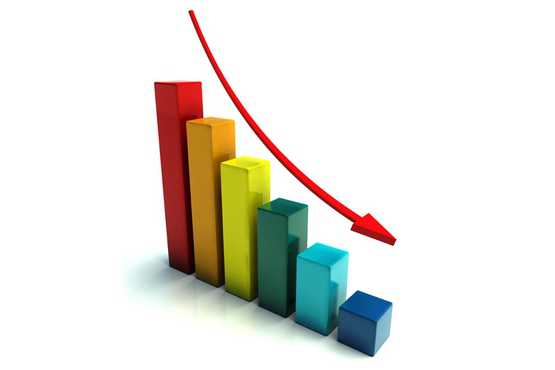APA-Addis Ababa (Ethiopia) Growth in Sub-Saharan Africa (SSA) has continued to decelerate this year as external headwinds, persistent inflation, higher borrowing costs, and increased insecurity weigh on activity, the World Bank has said in a latest report.
The Global Economic Prospects report, released on Wednesday, forecasts the region’s growth to slow from 3.7 percent in 2022 to 3.2 percent in 2023.
This is a 0.4 percentage point downgrade from January forecasts of the World Bank although it still expects a moderate improvement to 3.9% next year.
Many economies across the region are still coping with repercussions of the pandemic and climate shocks, with elevated costs of living tempering the growth of consumption.
The report says fiscal space has narrowed further, while surging import bills and higher debt burdens have heightened financing needs.
“These elevated domestic vulnerabilities together with tight global financial conditions and weak global growth are expected to keep recoveries subdued over the forecast horizon,” the report projects.
The materialization of these risks would not only dampen growth, but also exacerbate poverty and limit the ability of many countries to strengthen climate resilience, the report warns.
The per capita income in SSA is also projected to grow by less than 1 percent a year on average over the forecast horizon.
Over a fifth of the region’s economies average per capita income growth in 2023-24 is not expected to exceed 0.5 percent and it will be negative in over a tenth, according to the World Bank.
“Thus, prospects for poverty reduction in the region remain bleak,” says the report, with almost 40 percent of SSA’s population living in countries with lower per capita incomes next year than in 2019.
This feeble pace of income growth, which is also the case in emerging markets and developing economies across the world, will entrench extreme poverty in many low-income countries, per the World Bank’s latest report
“Many developing economies are struggling to cope with weak growth, persistently high inflation, and record debt levels. Yet new hazards—such as the possibility of more widespread spillovers from renewed financial stress in advanced economies – could make matters even worse for them,” said Ayhan Kose, Deputy Chief Economist of the World Bank Group.
“Policy makers in these economies should act promptly to prevent financial contagion and reduce near-term domestic vulnerabilities,” he added.
The increasing risk of financial stress in emerging markets and developing economies is already forcing the global growth to slow sharply. The Global growth is projected to decelerate from 3.1 percent in 2022 to 2.1 percent in 2023.
MG/abj/APA


